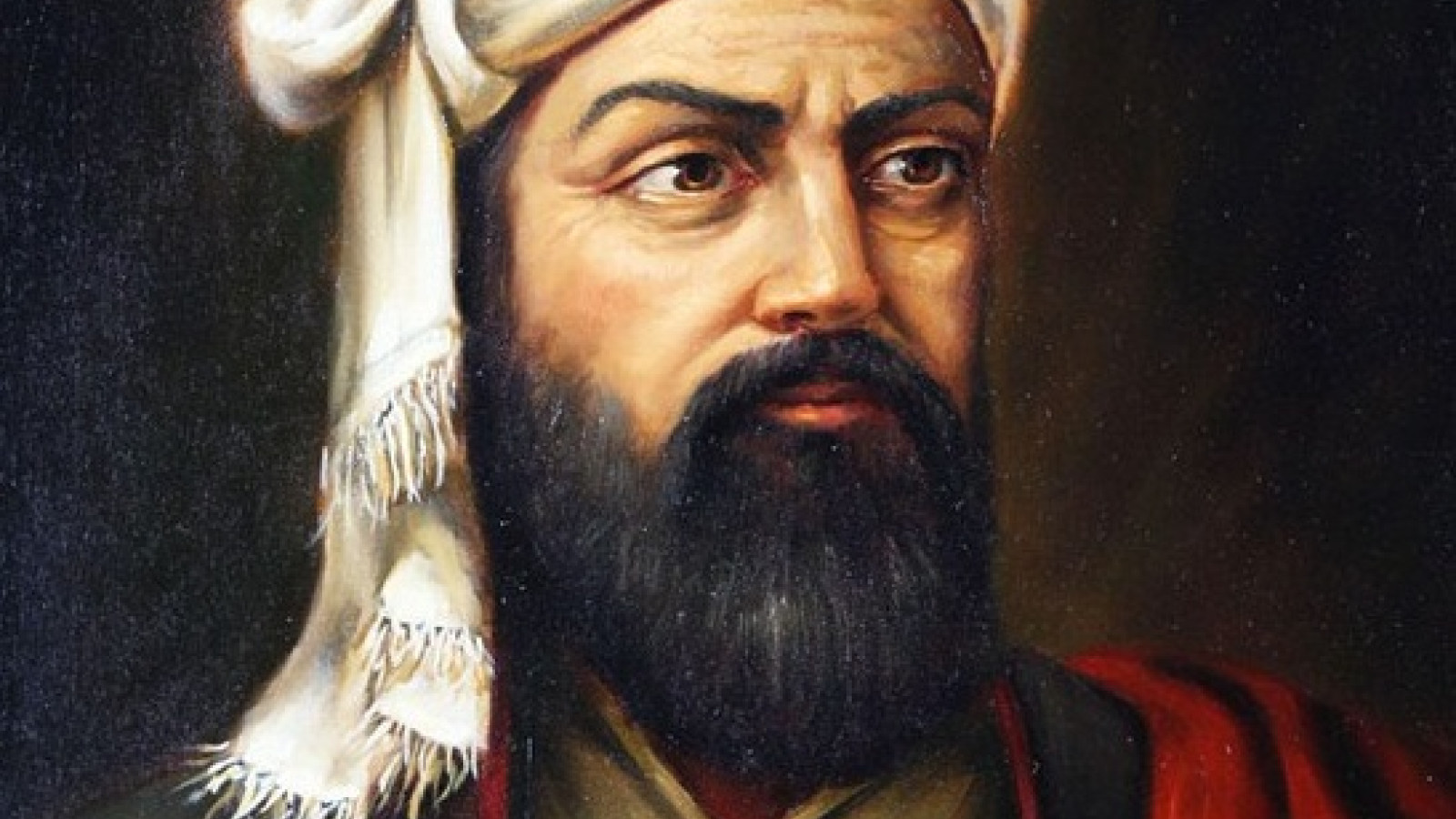
Nizami was the famous poet in the late sixth century and early seventh century AH. He was in an ordinary family in Ganja (nowadays, situated in the Republic of Azerbaijan). His parents called him Elias (Elijah), but he was then known as Nizami Ganjavi in history.
Regarding the amount, greatness, and impression of his creative works, they are not limited to the boundaries such as time and space. His era should be considered as renaissance period in his mother land. In regard to his writings, it is clear that Nizami was educated and mastered the sciences of his days such as Logic, Medicine, Law, History, Philosophy, ʿIlm al-Kalām (the science of discourse) and Astronomy. He was interested in poetry since he was young and he caught the other’s attention with his talent and brilliant words. Like his contemporary men of letters, he expressed himself through poetry.
The subjects of his poems were vast (diverse) and they included the events and stories from Ctesiphon, Greek, India, ancient China, and many other countries. A literary structure concerning sociology and psychology lies in every piece of his works. Regardless of any social class or affiliation, every human being found his own character in these poems. He added a new philosophical aspect to the humanism in his poetry. Nizami’s art is a reflection of his time. Profiting ancient history or his imagination, the poet criticizes all the social and psychological problems of his society. Also, he pays special attention to the woman in his writings. Simultaneously in medieval Europe, women are the resources and sources of benefit and they were sent and received as gifts.
Nizami, on the contrary, speaks about Layla and her love for Majnun. He believes that a woman can ride horses if it is necessary and like Nooshabeh in his Sharafnameh, she can fight shoulder to shoulder with a man even in a battlefield: “Nooshabeh got off the horse when she understood that the king (brave lion) became afraid/ she told him Oh you, the prosperous king! The time plays such a game! I am a brave woman as you are a brave man / during the battle, there is no difference between lion and Lionesses/ when I become angry like a heavy cloud, I create fire in water and make sword from smoke” In Nizami’s world, a woman can accomplish extraordinary jobs and has lots of talents. Makhzan al-Asrar ("The Treasury of Mysteries"), Khosrow o Shirin ("Khosrow and Shirin"), Layli o Majnun ("Layla and Majnun"), Haft Paykar ("The Seven Beauties"), and Eskandar-nameh ("The Book of Alexander"), which consists of two books, Sharaf-Nama and Iqbal-nameh, are books he has left us.
Nizami Ganjavi died in Ganja between 602 – 612 AH.